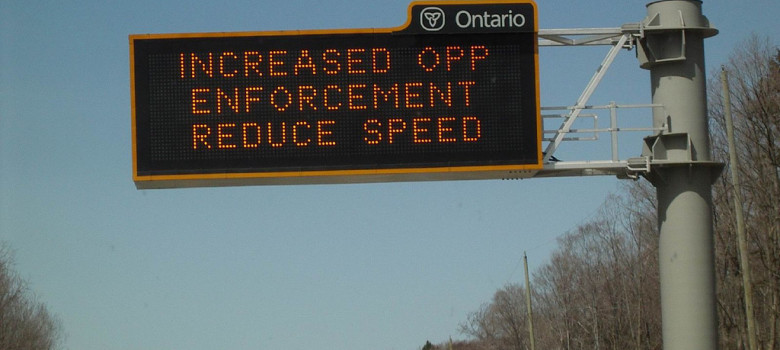Earlier this week, I posted on Ontario Provincial Police comments at the Standing Senate Committee on Legal and Constitutional Affairs hearing on Bill C-13 that were sharply critical of online anonymity. The same hearing was notable for additional comments from the OPP on the lawful access bill. The comments, which came in the opening statement, suggest that one of Canada’s largest police forces is simply unaware of the contents of the proposed legislation.
Scott Naylor of the OPP’s opening remarks included:
There is no question that some of the legislation involving technology and communication in Canada is out of date. Under the current legislation, police can only access the very basic subscriber information – i.e., name, address, telephone number – on a totally ad hoc basis, by production order from service providers. This means that there is an inconsistent response, which impedes investigations and, in extreme cases, may prolong victimization. Under the proposed legislation, Internet service providers would be compelled to provide this information in a timely fashion and on a consistent basis. Access to this information would be strictly controlled and limited to law enforcement officials, who would be fully trained in these procedures and subject to auditing and report oversight. I will repeat – auditing and report oversight.
Here is the problem: Naylor appears to think that Bill C-13 has not changed from Vic Toews’ Bill C-30. Under the lawful access bill, ISPs would not be compelled to disclose subscriber information. Indeed, the mandatory disclosure of subscriber information without a warrant was removed from the bill altogether. The bill does include incentives for voluntary disclosure, but there are no mandatory disclosure requirements. If the OPP think the bill guarantees consistent disclosure of subscriber information, it is wrong. In fact, the Supreme Court’s Spencer decision means that subscriber information now only comes (except in emergency circumstances) through a court order.
In fact, a different OPP representative said much the same thing to the House of Commons committee hearing on Bill c-13. Operating from the same script, Carson Pardy, Director of Operation for the East Region, stated:
Under the current legislation, police can only access the very basics of subscriber information – name and address, maybe a phone number – on a totally ad hoc basis from Internet service providers. This means there is an inconsistent response which impedes investigations and many times prolongs victimization. Under the proposed legislation, ISPs will be compelled to provide this information in a timely fashion and on a consistent basis. Access to this information will be strictly controlled and limited to law enforcement officials who would be fully trained in these procedures and subject to auditing and/or reporting processes. The outcome will be that the police can quickly and consistently gain access to information that makes a difference to our effectiveness in investigating and preventing criminal activity and victimization.
This means that both the House of Commons and Senate committee studying Bill C-13 have received inaccurate information from law enforcement about the impact of the proposed bill. Moreover, it suggests that the police are supporting a bill that at worst they have not read or at best have misinterpreted.








I fear they’re in a bubble: their staff tells them what they want to hear, not things that might require them to speak out against the people who pay their wages.
That’s because Julian Fantino used to rule over that regime. They just repeat what he wants, loyal to the end. Aren’t they the ones that are investigating the parliament terror attack? I wish Jack Hooper was still alive. “If you want to run with the BIG DOGS you have to piss in the tall grass”. Follow the money. Thanks for reading.
Bizarre. The two statements were so similar, it’s like they were both just given something to read. But by whom? Someone in short pants?